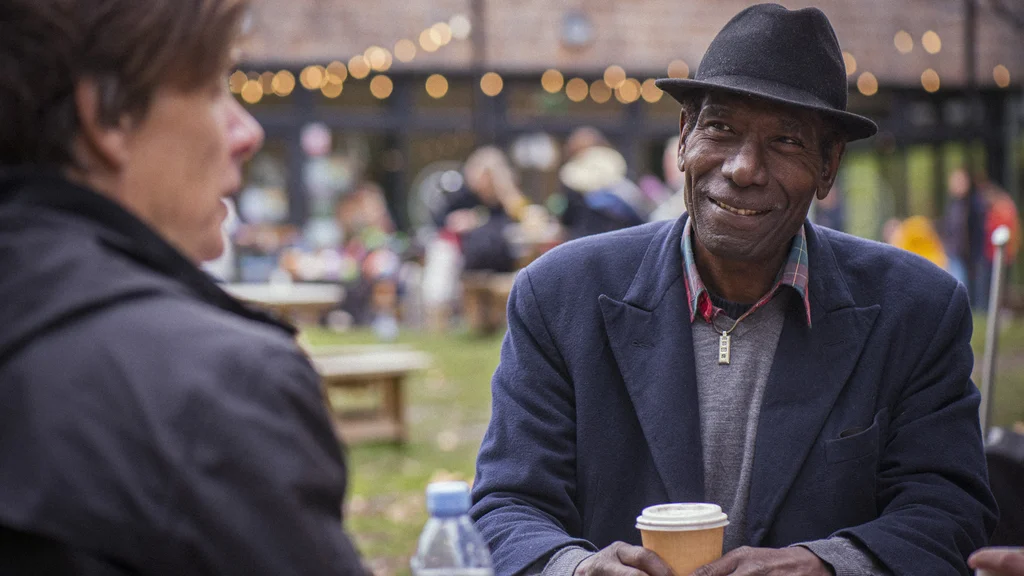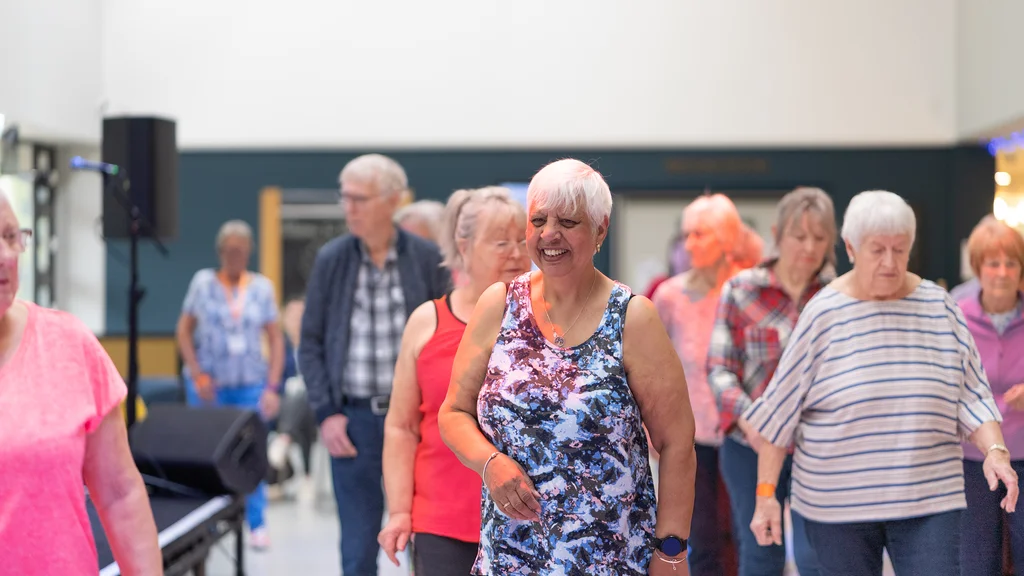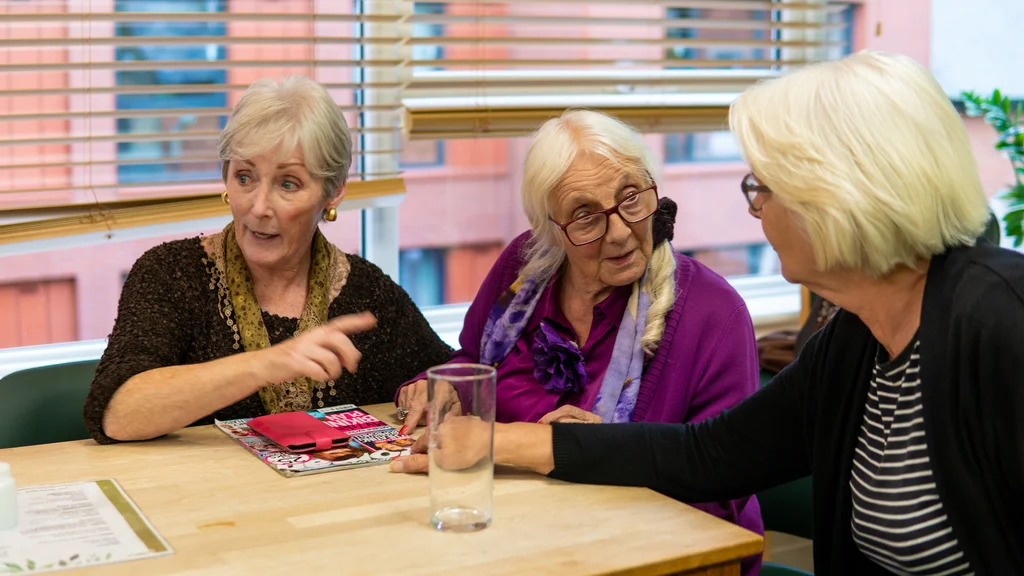* Ageism is the most widespread form of discrimination: anyone can experience it. However, the probability of being discriminated against is higher for people with other particular protected characteristics including ethnicity, religion, and sexual orientation

Got more questions?
Ageism can be a complicated topic and we know people often have questions. Take a look at some of the questions people have already asked.

Research about ageism
Explore research and resources created to look at different aspects of ageism and its impact on individuals and society.
